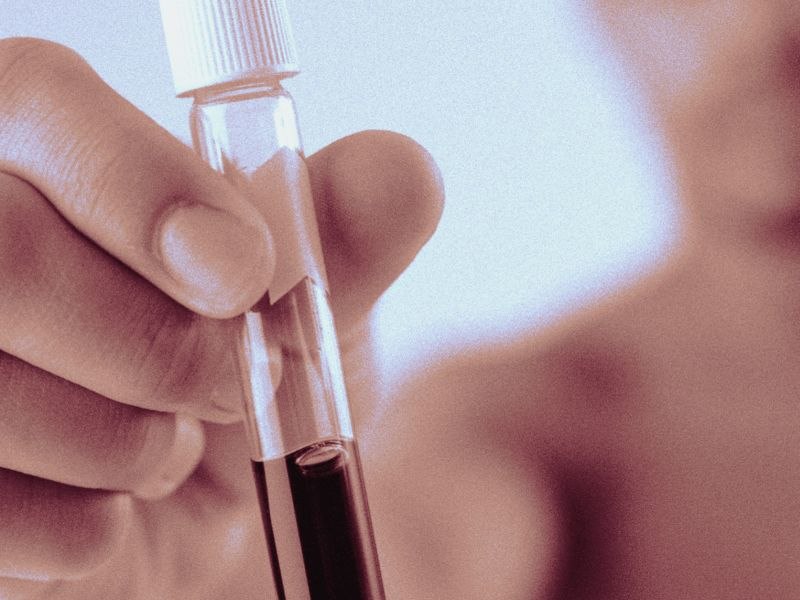WEDNESDAY, June 6, 2018 (HealthDay News) — Three assays may detect early lung cancer in blood samples using genome sequencing, according to a study presented at the annual meeting of the American Society of Clinical Oncology, held from June 1 to 5 in Chicago.
Geoffrey R. Oxnard, M.D., from the Dana-Farber Cancer Institute in Boston, and colleagues prospectively collected blood from 749 controls (with no cancer diagnosis) and 878 patients with newly-diagnosed untreated cancer, including 127 patients with lung cancer. Three sequencing assays were performed: paired cell-free DNA (cfDNA) and white blood cell (WBC) targeted sequencing for single nucleotide variants/indels; paired cfDNA and WBC whole genome sequencing (WGS) for copy number variation; and cfDNA and WBC whole genome bisulfite sequencing (WGBS) for methylation.
Overall, 127 patients with lung cancer and 580 controls were evaluated. The researchers found that more than 50 percent of the 3,055 nonsynonymous mutations detected across 122 evaluable patients with lung cancer were detected in WBC consistent with clonal hematopoiesis. At a specificity of 98 percent, the WGBS, WGS, and targeted assays detected 41, 38, and 51 percent of early-stage (I to IIIA) cancers, and 89, 87, and 89 percent of late-stage (IIIB to IV) cancers. Five (<1 percent) of the control samples had a cancer-like signal; two of these were subsequently diagnosed with cancer.
“These are promising early results, and next steps are to further optimize the assays and validate results in a larger group of people,” Oxnard said in a statement.
The study was funded by GRAIL, Inc.
Press Release
More Information
Copyright © 2018 HealthDay. All rights reserved.



